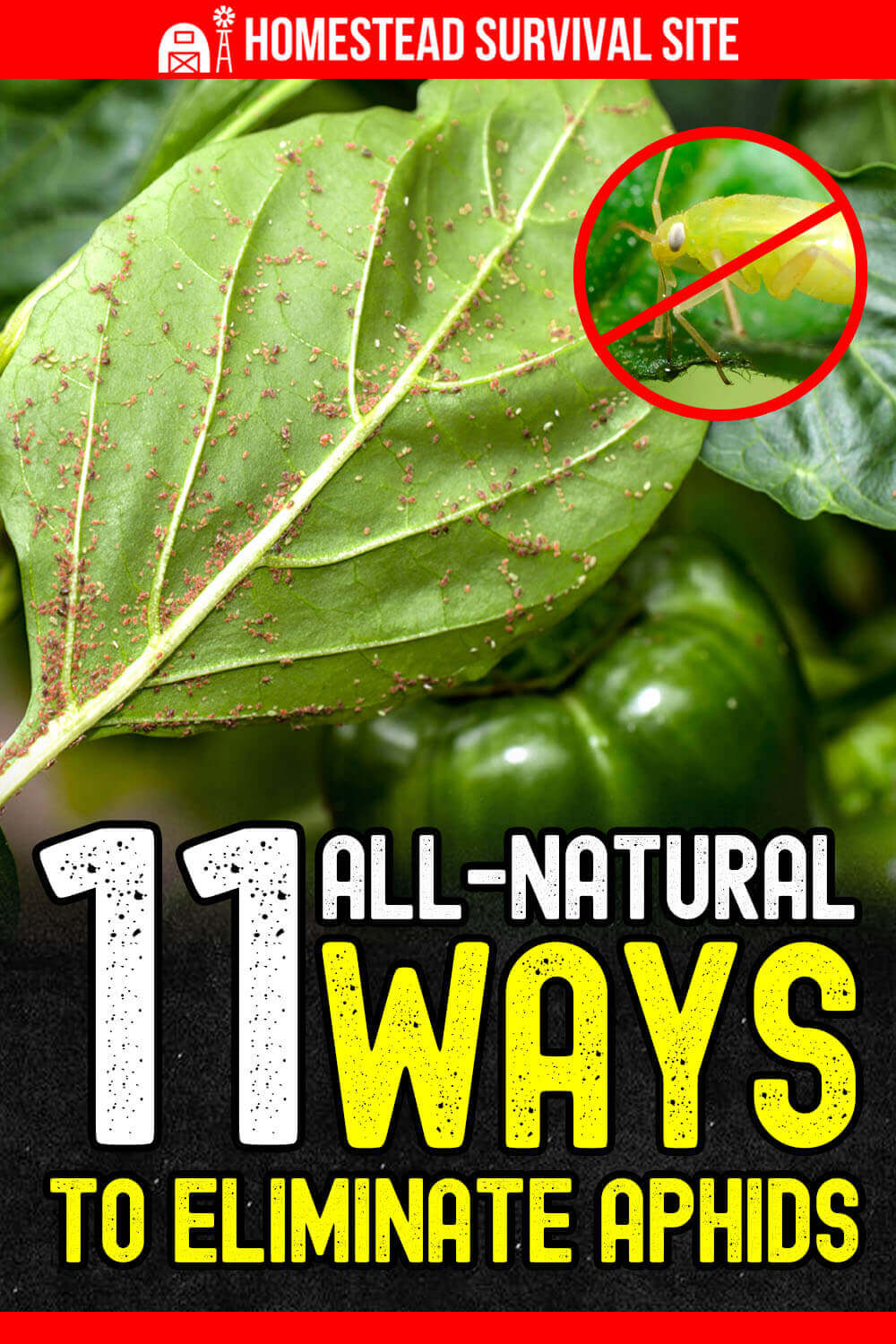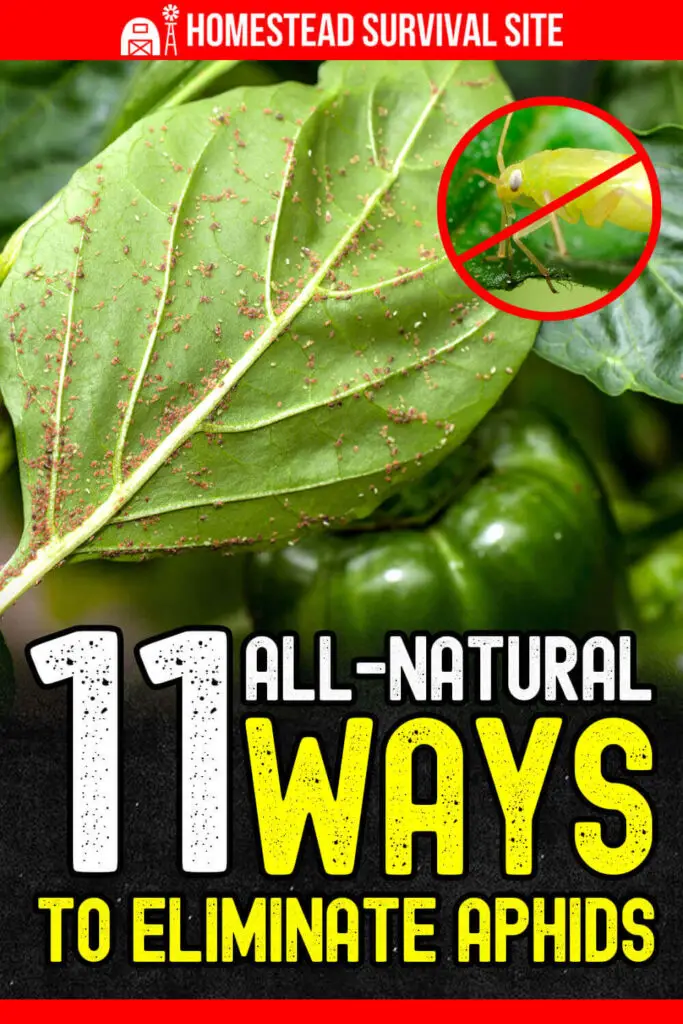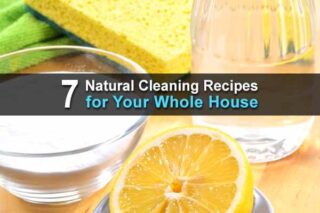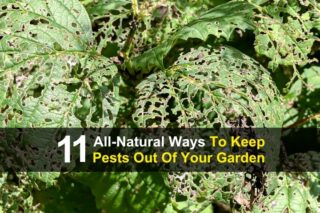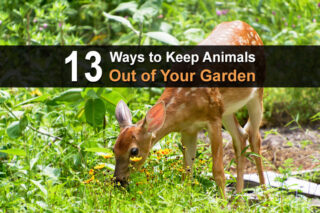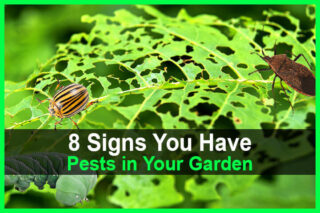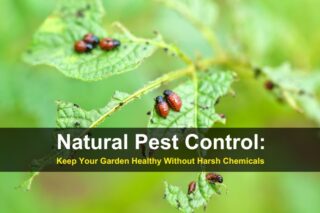Estimated reading time: 7 minutes
It's a gardener's nightmare. Seemingly overnight, hundreds of small, soft-bodied pear-shaped bugs are now congregating on your plants.
Each one is about an eighth of an inch long with curly antennae and two pointy rear projections. Although their color can vary depending on their species, these bugs all produce a sticky residue as they eat.
You've got an aphid infestation. And, although a small number of these bugs can be harmless, they can quickly get out of control, yellowing leaves and wilting plants as they voraciously feed.
Contrary to what you might have heard, aphids don't actually eat a plant. They use their straw-like mouths to drain a plant of its nutrients. Also, their sticky residue (called honeydew) can create a mold around the plant base that can destroy the plant.
However, if you catch the bugs early, before they have the chance to multiply – and they multiply very quickly – you can avoid many of the negative results of an infestation. Here is a list of natural ways to eliminate aphids. Keep in mind that you may need to use a combination of these methods and be persistent to achieve results.
Want to save this post for later? Click Here to Pin It On Pinterest!
1. Use preventative measures
The best way to ward off aphids is by not allowing them to invade your garden in the first place. One preventative step is to keep your garden area clean of dead and decaying plant material that can host aphid eggs over the winter.
Also called garden lice, plant lice, or greenflies, aphids tend to show up on plants that are experiencing stress of some kind. The stress could be from too much or too little water, excessive heat, or excessive fertilizer.
In addition to monitoring these factors, get in the habit of regularly inspecting your plants – especially at times of new growth. Aphids will hide deep in the centers of plants like lettuce and broccoli and shelter on the undersides of leaves.
2. Spray with water
You might be able to ward off an infestation by spraying aphids off with your garden hose. This method works best on plants that are strong enough to withstand a heavy blast of water. It's not a good choice for delicate plants.
All you need to do is aim a steady blast at the aphids in order to knock them off the plant. Aphids have weak legs, so most of them will be unable to climb back up onto the plant. As a side benefit, the blast of water also rinses off the honeydew. Repeat the spraying every day as needed.
3. Pick them off
Another way to get rid of aphids before their population explodes is to pluck them off the plants with your fingers. Put on gardening gloves and pick them off or knock them off so that the aphids fall into a bucket of soapy water. Because of their soft bodies, aphids are susceptible to soaps and oils.
4. Make a homemade soapy spray
If there are too many aphids to pluck off, another option is to make a natural spray. Don't use a commercial dish soap (like Dawn) that could harm your plants. Instead, add a few tablespoons of pure liquid soap (such as castile soap) into a spray bottle.
5. Use neem oil
Made from seeds of the neem tree, neem oil contains azadirachtin, a chemical that repels and kills aphids and other pests without harming plants. You can buy commercially-prepared neem oil spray or make your own.
Mix two tablespoons of neem oil and water in a spray bottle along with two teaspoons of a mild dish detergent, which acts as an emulsifying agent. Wearing protective gloves, spray the tops of plants and the undersides of leaves. Reapply every five to seven days.
6. Spray with essential oils
You can also repel aphids with spray mixtures of water and essential oils. Aphids dislike peppermint, rosemary, thyme, eucalyptus, and clove oils. Add four to five drops of essential oil to a spray bottle of water. Mix well before spraying n affected plants.
7. Introduce natural predators
Another means of naturally eliminating aphids is to introduce predator insects to your garden. These include ladybugs, parasitic wasps, lacewings, damsel bugs, hoverflies, and big-eyed bugs. You can purchase live insects in sealed containers (with instructions on how to introduce them) online and from some garden centers.
8. Grow aphid-repelling plants
Did you know some plants have powerful aromas that repel aphids? Plants that are known to keep aphids away naturally include catnip, marigolds, garlic, onion, and allium.
Aphids also dislike fragrant herbs such as fennel, dill, cilantro, basil, lavender, chives, and peppermint. Try planting these plants next to your vegetables, either in the ground or in containers, to deter aphids.
9. Plant a trap crop
Another idea is to plant something as a decoy to attract aphids. The idea here is that you sacrifice these plants in favor of the health of your vegetables. Suggestions for aphid trap plants are mustard plants, nasturtiums, nettles, and calendula.
Once the aphids infest these plants, you can pull them up and throw them away – along with the aphids. (Be careful not to drop any soil when you dispose of aphid-infested plants. Doing so could spread the infestation to other nearby plants.)
10.Control ants
Where you find aphids, you'll often find ants as well. Keep an eye out for ant colonies near your garden, as their presence may signal aphids.
Ants are crazy about honeydew and will herding herd aphids into tight groups so they can harvest the sticky substance more easily. This practice effectively shields aphids from other predators, allowing them to multiply. So, getting rid of ants can help cut down on aphids.
11. Apply diatomaceous earth
Try lightly dusting your plants every few days with food-grade diatomaceous earth (also called DE or diatomite). The fossilized remains of tiny, aquatic organisms (called diatoms) in diatomaceous earth can be deadly to aphids.
Although the human eye cannot see them, the diatoms have razor-sharp sides that can pierce the waxy outer layer of an aphid's body upon contact. (Important note: Do not apply diatomaceous earth when your flowering plants are in bloom, as it will kill bees, butterflies, and other pollinators that come into contact with it.)
Other tips for eliminating aphids
Here are some other tips for getting rid of aphids without resorting to pesticides.
- Avoid using sprays on your plants when the sun is at its hottest. Otherwise, you could harm your plant's leaves.
- Before planting vegetables, check around your garden for weeds and other plants that might be harboring aphids. Always check transplants for aphids before planting.
- Nitrogen fertilizers can attract aphids. Limit your use of nitrogen fertilizer if you can, or use slow-release formulations.
- Your vegetables are most susceptible to aphid damage when they are seedlings. You can help get them off to an aphid-free start by growing them in a greenhouse and then transplanting them when they are stronger or by using protective covers in the garden.
- Some gardeners report success in warding off aphids by using silver-colored garden products. These reflective mulches, landscape fabrics, and plastics can enhance plant growth and reduce weed growth in the spring and early summer. However, you may want to remove them later on to prevent the overheating of your plants in the summer sun.
Here are some other resources for aphid management in the garden:
- Pests in Gardens and Landscapes: Aphids – by the University of California Agriculture and Natural Resources' pest management program
- How to Identify and Get Rid of Aphids – an article and video by the Old Farmer's Almanac
- The Organic Gardener's Handbook of Natural Pest and Disease Control by Fern Marshall Bradley, Barbara W. Ellis, and Deborah L. Martin
- The Vegetable Garden Pest Handbook by Susan Mulvihill
- The Complete Guide to Preventing, Identifying and Treating Plant Problems by Pippa Greenwood Andrew Halstead, A.R. Chase, and Daniel Gilrein
Like this post? Don't Forget to Pin It On Pinterest!
You May Also Like:

